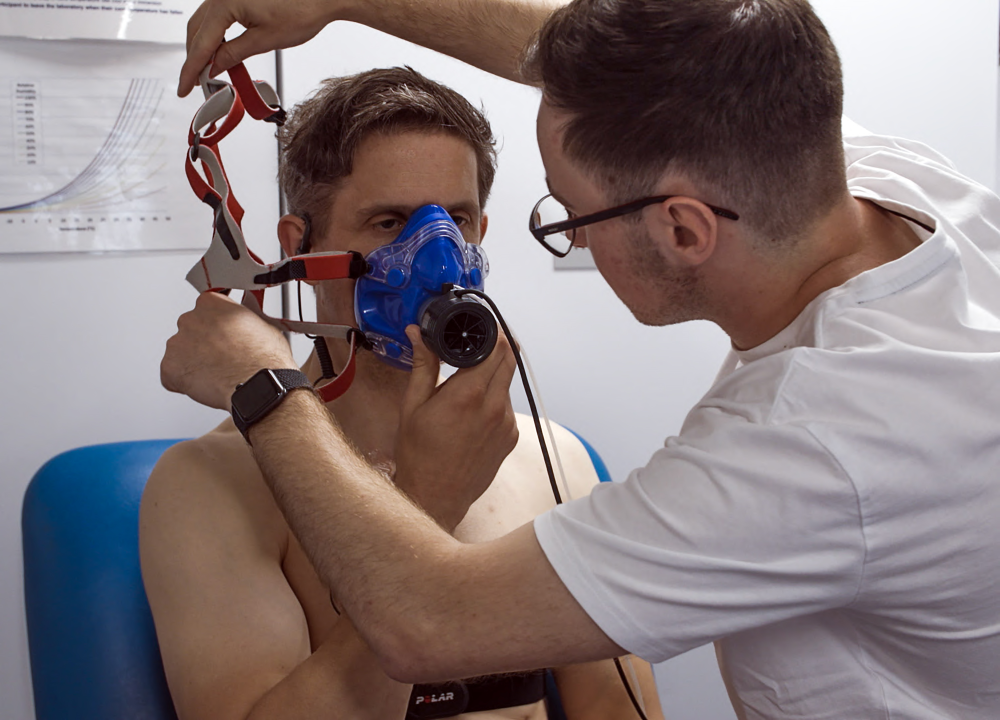How hot is too hot for humans? The question was asked and answered in a recent report from Professor Lewis Halsey and his team at the University of Roehampton, UK, whose ongoing research has identified an upper critical limit.
The point at which things start to get seriously dangerous when it comes to human heat tolerance is apparently at 40 to 50°C (104 to 122°F). The driving force for this tipping point is resting metabolic rate, which Halsey and colleagues discovered can be higher when people are exposed to sweltering conditions.
“Quite a lot of work has been done on the range of temperatures that different animal species prefer to live at in terms of their metabolic rates being minimal and thus their energy expenditure being low,” Halsey explained in a statement, “but, weirdly, information is much less available for humans when considering the upper limits of our thermal neutral zone.”
Understanding how hot is too hot for humans is crucial for establishing safe working conditions, something that’s likely to become harder in the future as it was announced this week that Earth had reached the highest average global temperature on record. Then it broke that record twice within three days. Don’t you just hate an overachiever?
The global temperature soared to an average of 17.18°C (62.9°F), which might sound pretty manageable but it’s climbed from the previous record of 17.01°C (62.62°F), a trend nobody wants to see. The reality behind the stat is that temperatures rocketed in parts of the southern US and China, and in North Africa soared to 50°C (122°F), which according to Halsey and colleagues is where things start to go really wrong.
And they could be about to get worse.
“Chances are that the month of July will be the warmest ever, and with it the hottest month ever … ‘ever’ meaning since the Eemian, which is indeed some 120,000 years ago,” Dr Karsten Haustein, a research fellow in atmospheric radiation at Leipzig University, told The Guardian.

Professor Lewis Halsey as a participant in an experiment led by PhD student Chris Wolfe. The experiment primarily involves comparing the participant’s resting metabolic rate at room temperature and at 50°C/122°F (with 25% humidity).
Image credit: Prof. Lewis Halsey, University of Roehampton
Further research is being conducted to better understand why high temperatures result in a rise in metabolic energy costs, but Halsey and his team will also be investigating how conditions above the upper critical temperature affect heart health in different age and physical fitness groups.
“We found some considerable changes in heart function responses to the heat between categories of people, the most novel being between the sexes,” he said. “That is, on the average, men and women display some key differences in their cardiovascular responses to the heat”.
“This research provides fundamental knowledge about how we react to suboptimal environments, and how ‘optimal’ differs between people with different characteristics.”
The findings are tough to hear in the current literal climate, but credit must be given to the team working to establish the facts in exceptional experimental conditions, using a special echocardiograph to get the necessary data.
“It was not easy to operate this kit in the heat!”
The study was presented at the SEB Centenary Conference 2023.
Source Link: How Much Heat Can A Human Take? Scientists Crack The Critical Limit